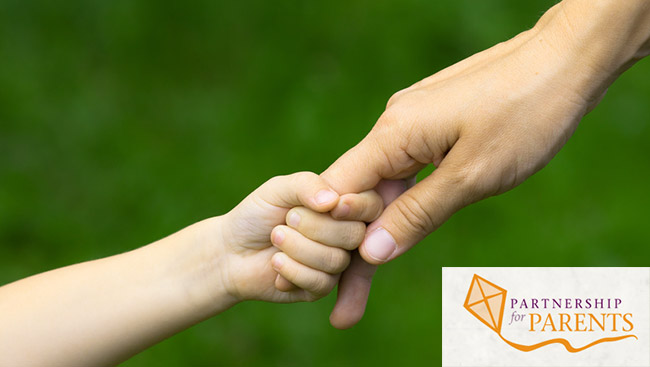Please Don’t Ask Me How I’m Feeling
“People keep asking me how I’m feeling, like I had the flu. My child died and some days I feel everything and other days nothing at all. My body hurts, my heart aches, the loss is so deep and so great that just getting out of bed is at times impossible. Feelings? Please don’t ask me how I’m feeling, unless you really want to know.”
When a child dies there is no right reaction. Many parents have said that at times it feels as if they are on an emotional rollercoaster. (see A Kaleidoscope of Feelings elsewhere in this section). But grief isn’t just a matter of feelings or emotions. The death of one’s child cuts to the very heart of one’s being and way of living.
Your grief may take on many forms and include many layers, so be patient with yourself, as well as with others who have been deeply affected by your child’s death (for example, a spouse or grandparent). Remember that everyone’s grieves differently at different times. There is no schedule, nor is there any right way to grieve. You can expect to experience a wide range of reactions, both physical and emotional.
Some of those reactions might include:
Physical sensations, such as a hollowness or emptiness in the stomach, a lump in the throat, tightness in the chest, aching arms, heightened sensitivity to noise, shortness of breath, lack of energy, muscle weakness, dry mouth, or loss of coordination.
Changes in behaviors, such as frequent sighing, crying spells, sleep or appetite disturbances, absentmindness, a sense of aimlessness, trouble focusing, searching and calling out, restlessness, loss of interest in activities that you once enjoyed, or an urge to avoid reminders of your child.
Intrusive thoughts, such as disbelief, confusion, preoccupation, or frequent dreams of your child.
Social difficulties, such as withdrawal from friends and neighbors, problems in functioning at work or within other organizations, awkwardness in relationships with your spouse, friends, coworkers or relatives, a lack of interest or ability to engage in “small talk,,” reluctance or fear of attending large gatherings or parties, problems talking with strangers or meeting new people. .
Spiritual or existential challenges, such as those involving a search for meaning, anger toward God, a sense of hopelessness, or doubts about your ability to cope.
However, not all grief reactions are troublesome. For example, some grieving parents have sensed the presence of their child who died at their side. Others find comfort in reliving warm memories of their child or find comfort in revisiting some of their child’s favorite places. .
When a child dies, the grief we, as parents, experience is like a ransom one pays for having had that opportunity to love and share.
So how should you regard the many different grief reactions that you may be experiencing after the death of your child? Think of it this way: You wouldn’t be having these feelings if you did not love your child deeply. All of your experiences in grief, as difficult as they are and may continue to be, are actually reflections of your love and caring for your child. Honor your grief.
